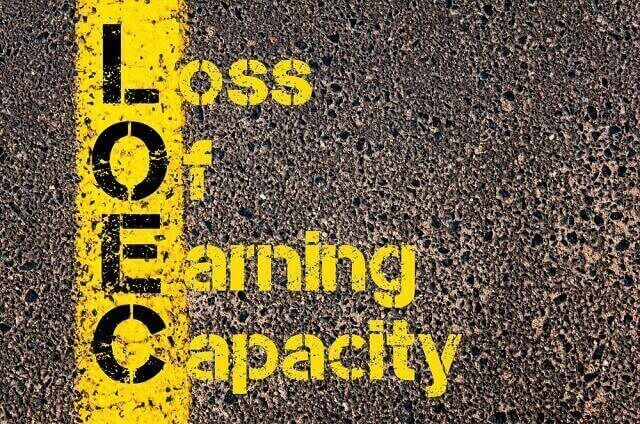
Free Consultation(203) 447-0000

Free Consultation(203) 447-0000

When you have a pending personal injury claim, you will have numerous claims for compensation. Two that are commonly misunderstood and confused for one another is that of the loss of income and the lost earning capacity claim. These are two different claims with varying compensation amounts. Therefore, if you are ever unsure about a particular claim stated in your case, discuss it with your personal injury attorney.
This is what refers to wages and benefits lost because of the injury. For example, your injury took you out of work for one month. You then have a loss of income to report for that entire month that you were unable to work.
Typically, a plaintiff can request compensation for lost income from the defendant. He or she can receive monetary compensation by proving that the defendant caused the injury and, therefore, is responsible for the damages. The lost income must be all at once, if the plaintiff can prove that his or her absences from work were directly related to the injury.
For example, the plaintiff missed one month initially, then another 40 days spread out over six months. These extra 40 days were due to surgeries and therapy appointments. If the plaintiff can prove that he or she missed work for those follow-ups, and the follow-ups are related to the initial injury, the plaintiff can claim compensation for them.
This is not the same as missed work. Instead, the plaintiff is claiming that he or she has a decreased ability to earn a gainful income. This can also be referred to as future loss of earnings.
For example, the plaintiff’s leg was injured. As a truck driver, the plaintiff can no longer work as a truck driver with the permanent injury. This may qualify the driver for a loss of earning capacity claim, because he or she can no longer continue in the original job.
Lost earning capacity is assessed by:
One is for time and earnings lost in the past, while the other is based on projected amounts. The other assumes that the plaintiff can no longer return to the same job, will be forced to work less hours, or is permanently disabled. The lost income only accounts for the actual time that was missed from work and is not based on theories or expert witnesses.
Lost income is easy to prove. All a plaintiff needs are his or her pay stubs, verification from the employer, and his or her timesheets that show the hours missed.
Loss of earning capacity is not as easy to prove and will require the assistance of an attorney. It requires a lot of projections and determining what a person would earn in the future, as well as assessing how long the injury will prevent him or her from working (whether temporary or permanent).
If you have suffered a serious injury that took you away from work or prevents you from returning, you need a personal injury attorney to help seek compensation for your lost wages. Contact Berkowitz and Hanna LLC today to schedule a no-obligation case evaluation. Contact us online to get started.
Berkowitz Hanna
